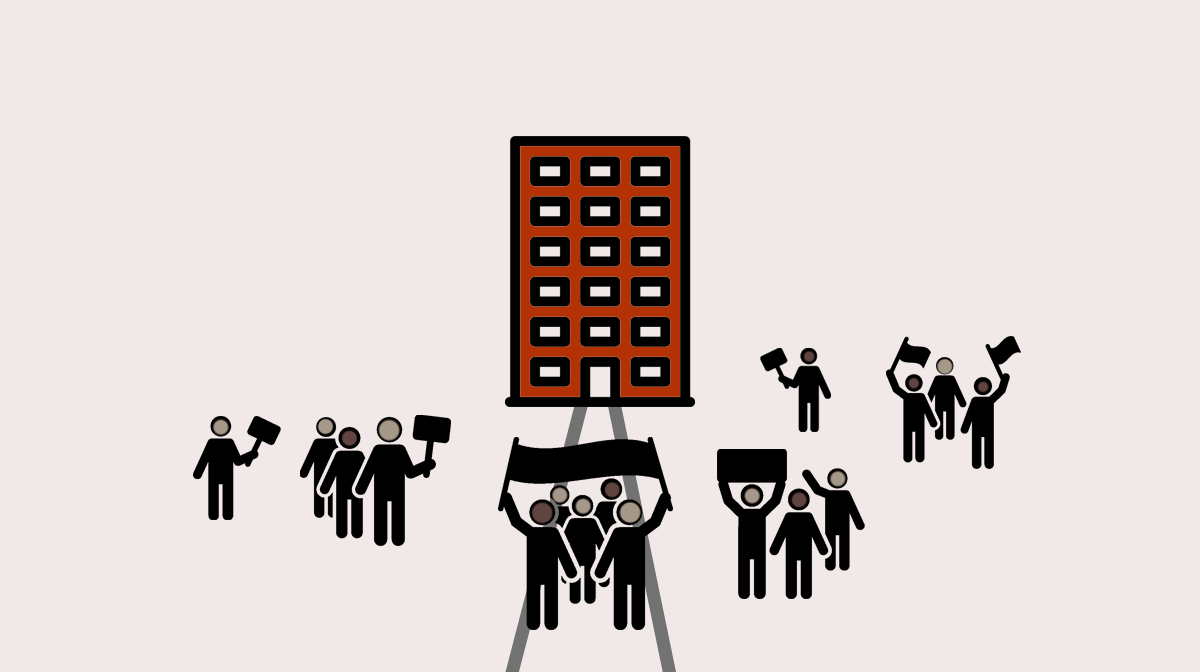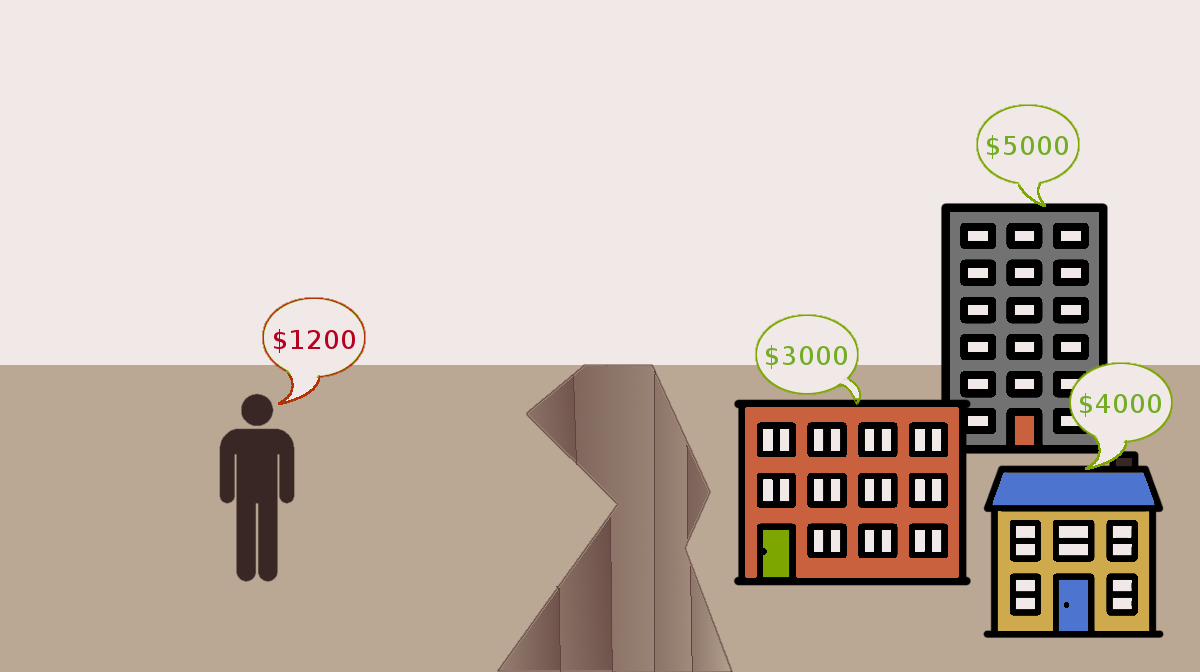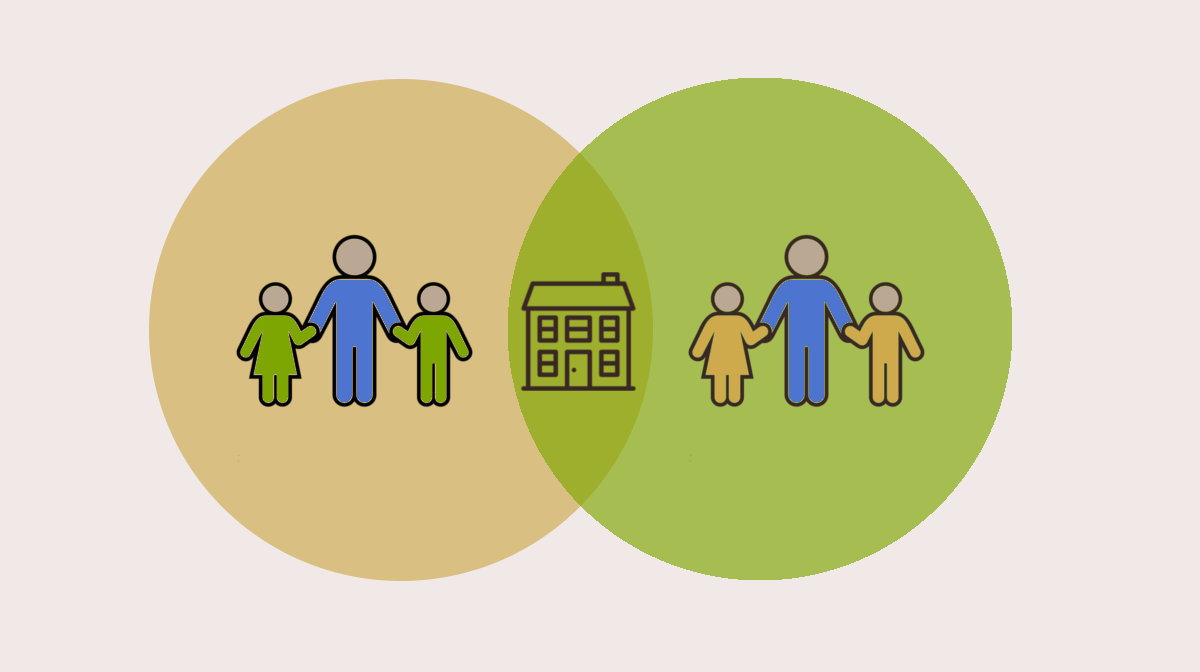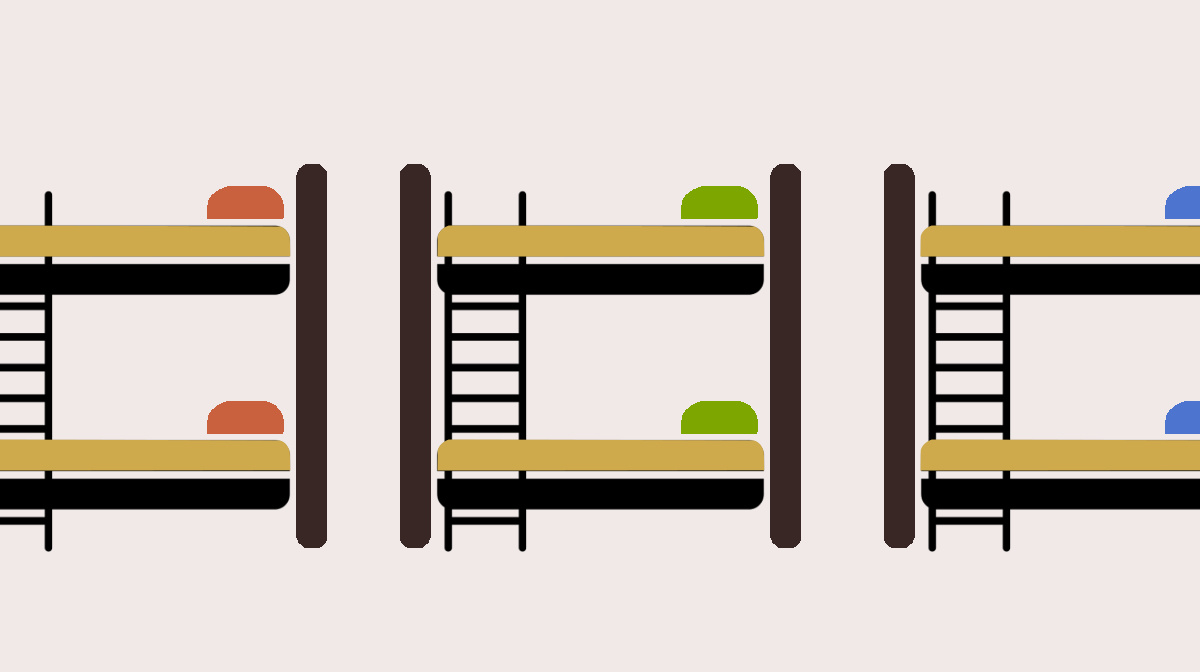The current shelter-in-place orders have accelerated an already hostile situation in the rental housing industry from a rowdy standoff into an all-out war. While the buildings themselves might not be alight just yet, pretty much everything else within the realm of the rental housing industry is a massive dumpster fire at the moment. Campaigns to enact rent control, eliminate private ownership, organize renters and slow the recent rapid rise of rent rates nationwide were already in process before the shutdown. Now COVID has provided advocacy groups new levers in the form of shutdown-related unemployment and low income essential jobs to further their causes. Landlords also have some advocacy groups of their own which are fighting to maintain the status quo and preserve the value of their investments.
The opposing sides of this war are not likely to reach detente any time soon. Their inability to communicate without throwing around fighting words totally rules out any form of negotiation. Instead of progress in any direction, we wind up with laughable and utterly toothless efforts to combat the crisis such as the utterly unenforceable appeal to emotion that is the Chicago Housing Solidarity Pledge.
If you follow any of the news about renting in Chicago you've probably heard about rent strikes, protests and campaigns to ban evictions and foreclosures until the end of shelter-in-place orders. You've probably seen the names of many different not-for-profits floating by within these articles without really pausing to think about who they are, what their angle is, or how they operate. Today we'll be looking at some of the groups who have become players in the fight for the control and cost of rental housing, whether out of action or merely by running their mouths on social media. Continue reading The Rent Control Rogues’ Gallery: A Guide to Chicago’s Non-Profit Rent Advocacy Groups





